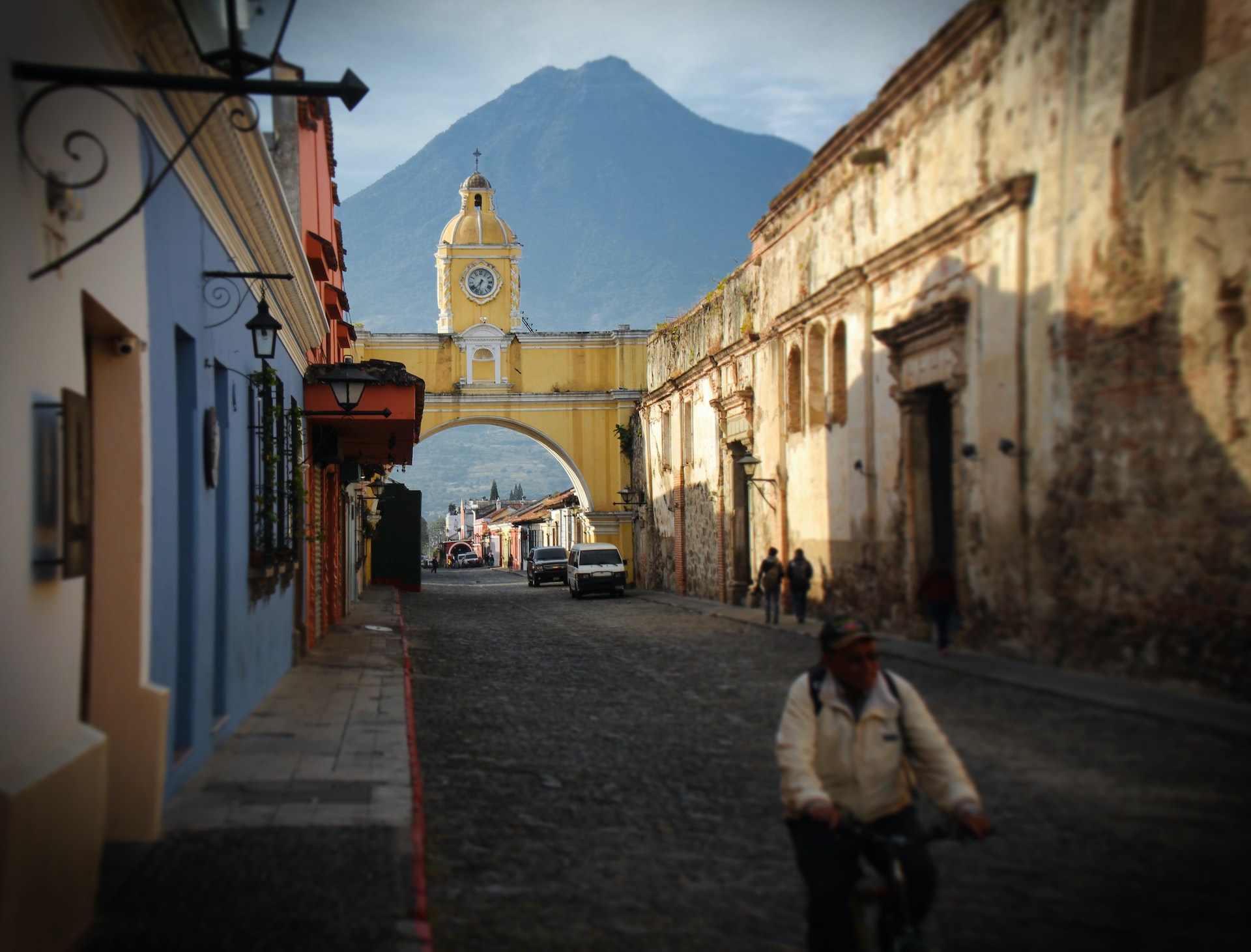Ultimately, church planting is the biblical method God uses to carry out the Great Commission in the world. Where I live in Latin America, we’ve been experiencing a resurgence of healthy churches living and preaching the gospel for some years.
That’s why we have more and more people involved in church-planting movements, which greatly bless our communities. But we must not lose sight of the challenges Latin American planters face. The more clarity we have about these challenges, the better prepared we will be for the difficulties.
From the perspective of God’s providence and sovereignty, the adversities of our context become great opportunities for growth and character development. Consider three common challenges that are intensifying in Latin America but are helpful for the maturity of future planters.
1. Lack of missionary vision in established churches
Although God has blessed us with more healthy, missional congregations that are passionate and serious about church planting, a large part of the churches in our region do not have a biblical and strategic vision for planting. Therefore, they don’t have formal recruitment, training, and support processes for leaders. This causes many new churches to be born from divisions or internal differences, not from a proper understanding of mission.
If you want to plant and you’re from a relatively healthy church in our region, but one that doesn’t have a church-planting vision, the worst thing you can do is manifest a divisive spirit. A true calling from God begins with a high regard for your local church and its leadership. A true calling from God begins with a high regard for your local church and its leadership. Condividi il Tweet
Even in the midst of this challenge, we must remember that Christ creates, sustains, and maintains his church. If he has called you to care for his church, he will open doors for you on his terms. God established the local church and its leadership to confirm and guide the call of future church planters. The local church is so important for a future church plant.
2. Lack of leaders to integrate a planting team
A lack of support and vision means that planters generally start alone, without a team prepared to level the loads, delegate authority, and provide mutual support. The harmful competition that exists between congregations also does not allow planters to recruit people from other churches since it is not well seen. That is why nearby congregations often perceive a new plant as a threat.
This challenge is one of the most dangerous for the planter, as it can fall into two extremes. Profile yourself either as an authoritarian leader used to having power and control of each ecclesiastical sphere, or rushing to raise up young and talented leaders who may be immature and lacking in character. Either side will severely hurt Christ’s church.
That is why a planter must maintain a posture of observation and monitoring of faithful and qualified men. Perfection is not the goal, but maturity and humility—allowing for mistakes that, by God’s grace, ignite personal growth. But it’s important to emphasize that hands should not be laid lightly on men lacking in character, lovers of flattery, and thirsty for power. Helping pastors maintain biblical standards to care for the bride of Christ is essential.Perfection is not the goal, but maturity and humility—allowing for mistakes that, by God’s grace, ignite personal growth. Condividi il Tweet
3. The temptation of activism
When a planter experiences significant growth unexpectedly, he must be careful not to give in to the immediate pressures of this growth. It could be tempting to rapidly advance through the necessary stages of establishing the church plant, seeking to generate endless ministries and activities without first having prepared leaders who work closely with people.
It’s easy to think that our ministry is effective when we do a lot of activities and keep people entertained, but the reality is that effectiveness in church planting is measured by our commitment to cultivating the gospel in people’s hearts. Therefore, our ultimate confidence is not in pleasing all people but in the promise that God adds to those who are to be saved. Although we plant, he is in charge of giving the growth. Our ultimate confidence is not in pleasing all people but in the promise that God adds to those who are to be saved. Condividi il Tweet
Church planting is a beautiful ministry that allows us to observe firsthand the power of God in transformed lives, but we will also experience challenges that will make us grow and mature. Join us in praying for more local congregations committed to church planting in Latin America. For more native planters who can be trained and accompanied. And, of course, for each of the member churches in our region, so they will grow healthily and biblically for the glory of Christ, our Lord and Savior.










